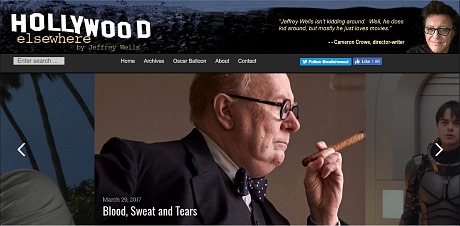Kevin Spacey never landed a more zeitgeist-capturing role than Lester Burnham in American Beauty (’99). This scene is my personal favorite. (It’s actually tied with the job-quitting, severance-package, “can you prove you didn’t offer to save my job if I let you blow me?” scene.) Spacey loved the ’90s and the ’90s loved him right back — Glengarry Glen Ross (’92), Swimming with Sharks (’94), The Usual Suspects (’95), Se7en (’95 — John Doe was arguably his most perfectly acted performance), Looking for Richard (’95), L.A. Confidential (’97 — Detective Sergeant Jack Vincennes was right on the money), Hurlyburly (’98) and American Beauty. Then his luck changed and it was one misfire or comme ci comme ca shortfaller after another — Pay It Forward, K-PAX, The Shipping News, The United States of Leland, The Life of David Gale, Beyond the Sea, Superman Returns, Fred Claus, 21, et. al. When you’re hot, you’re hot. When you’re not, you’re not.


